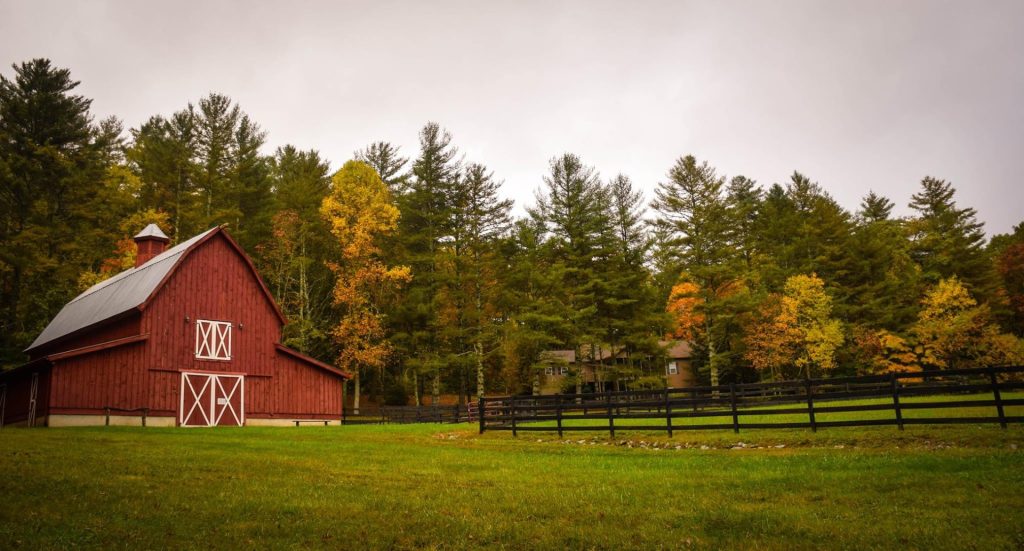Spring brings a lot with it when you own a farm. It’s the beginning of a new growing season, animals are being born, and work is beginning again in earnest. Because late winter and early spring bring so many new baby animals, spring is also the best time for buying said animals. Whether you’re adding to your numbers or buying animals for the first time, it’s time to get a new farm fence.
Expand a Farm Fence
If you’re expanding your numbers, you may need to expand an existing farm fence. Farm animals require a lot of room for grazing and exploring. Cows, in particular, need a lot of space and a lot of grass. If you’ve got more room on your property that hasn’t been properly utilized, an expanded fence is just what you need.
Moving the existing fenceposts further out and adding some new ones to bridge the new gap can add a lot more space than you think. Or, if you would rather keep the existing fence in place, we can also add a new section of fencing and create an additional pasture.
Build a New Farm Fence
If your farm is new and growing, building a new farm fence is the first step to raising livestock. While many people may be tempted to DIY a fence, building a new farm fence isn’t the time to experiment with fence-building. A farm fence will be the only thing keeping your animals from leaving home and ending up halfway across town. Therefore, it needs to be sturdy and well-built. It needs the strength to resist storms as well as stubborn animals that knock into it in an attempt to get through.
Choosing the Right Fence Type
When you plan to build a new farm fence, choosing the type is important to get the right results. If you’re building a fence for large livestock, like cows, it will need to be strong and somewhat tall. The cheapest and most effective way to fence in large livestock is by placing fenceposts and then circling the pasture with barbed wire.
Barbed wire is easy and affordable to replace, more weather resistant, less susceptible to storms, and less likely to be damaged by escape-minded cows.
If, however, you’re building a fence for something smaller, like goats or chickens, your approach will need to be different. A handful of goats need a lot less space than cows. Therefore, if you enjoy the appearance of fully wooden fences, you could reasonably opt for one with horizontal beams instead.
Chickens, however, are small enough that this won’t hold them. The best solution for chickens is attaching chicken wire to your fence posts. Chicken wire is a type of wide mesh. It typically comes in hexagonal or square patterns and provides visibility while keeping your pesky chickens from slipping through.
Build a Farm Fence That Lasts
Prefabricated fences are on the rise in many areas, but they’re not made to last. Get beautiful, wooden fences, seated deep into the ground, that will last for generations with minimal maintenance. Contact us at City Wide Post Hole Digging to get the best results in time for spring on the farm.



